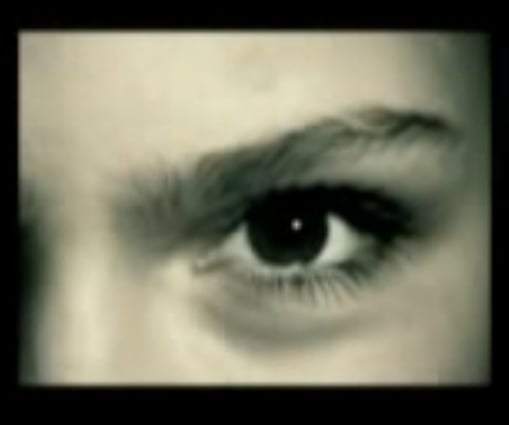
Image: iStock
When you’ve endured a few rough nights in a row, it’s easy to convince yourself an early bed time will pay off the sleep debt you’ve racked up, and that you’ll wake up feeling refreshed and rejuvenated.
It seems logical, but can you really repay your body for hours of lost sleep by banking some decent zzzzs at a later date?
Apparently the answer to that question depends largely on the individual, how much sleep they’ve lost and for how long, and what they’re willing to compromise on.
RELATED: Can’t sleep? Your feet could be the key to getting shut-eye.
“We see remarkable changes in people on little sleep. For example, if you take someone who is a seven-and-a-half hour sleeper and reduce them to five hours, we start to see effects reasonably quickly. [On] day one they might be feeling okay, but by day two the impact is significant,” says Professor David Hillman from the Sleep Foundation.
Slower reaction times, moodiness, productivity, irritability and trouble concentrating are some of the effects that will start to show. (Post continues after gallery.)
Songs that will help put you to sleep.









